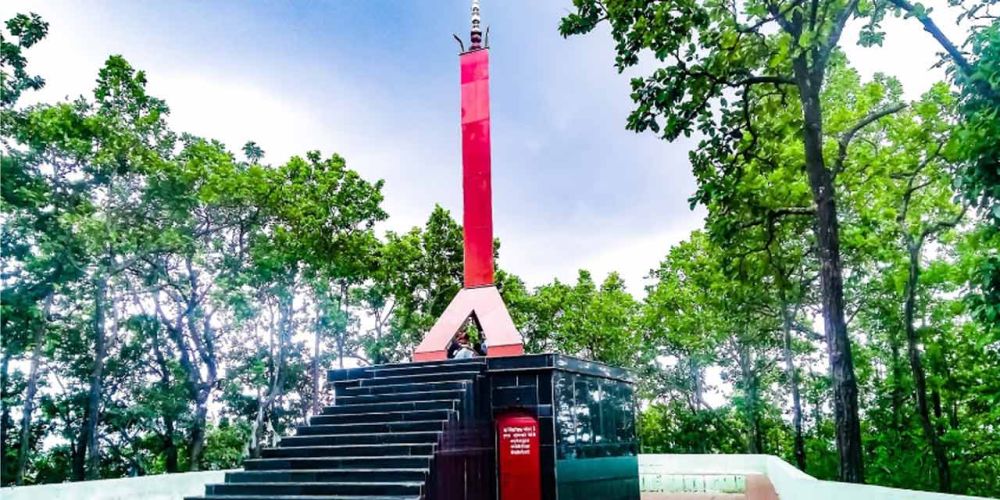

The Kalinga War Memorial in Dehradun, Uttarakhand, is distinct in its historical significance as it is the only war memorial of its kind in the world erected by the British to honor the opponents they fought. The memorial was established following the Anglo-Gurkha War that took place from 1814 to 1816, also known as the Gorkha War, when the Gorkha leaders of Kalinga demonstrated exemplary courage.
The war resulted in the signing of the Treaty of Sugauli in 1816, which led to Dehradun becoming a part of the British Indian Empire. The Kalinga War Memorial was constructed to commemorate the valor of the Gurkhas in battle. Over time, it has become a tourist attraction, drawing visitors who are interested in the region's colonial past and military history.
Dehradun, with its picturesque landscape and cooler climate, has been a favorite retreat since the British Raj. The British officials used the city as a summer getaway from the heat of the Indian plains, which laid the foundation for Dehradun's tourism industry. Historical buildings, museums, and institutions from the colonial period continue to attract history buffs and curious tourists alike. Over the years, Dehradun has developed a reputation for its educational institutions, which have acquired heritage status and contribute to the city’s tourism.
The city's proximity to other tourist destinations such as the hill stations of Mussoorie and Nainital and religious sites like Rishikesh and Haridwar has further bolstered Dehradun’s position as a central hub in Uttarakhand's tourism map.
Currently, ecotourism and sustainable tourism practices are gaining popularity in the region. With a growing interest in preserving the natural beauty and cultural heritage of Uttarakhand, many local operators are adopting green practices and offering tours that promote environmental awareness.
Adventure tourism is also on the rise, with Dehradun serving as the starting point for treks into the Himalayas, paragliding, and river rafting. Additionally, there is an increased interest in experiencing local traditions and cuisines, leading to the growth of homestays and cultural tours.
Another emerging trend is the concept of wellness tourism, with visitors looking to indulge in yoga, meditation, and Ayurvedic treatments in the serene backdrop of Dehradun's natural landscape. As global travelers seek out personal health and wellness experiences, this trend is fitting naturally with Dehradun’s tranquil environment and its reputation as a gateway to the Himalayas.
The rich tapestry of history, coupled with the evolving demand for sustainable and wellness tourism, ensures that Dehradun's tourism story is one that seamlessly blends the old with the new, offering experiences that are both educational and enriching.